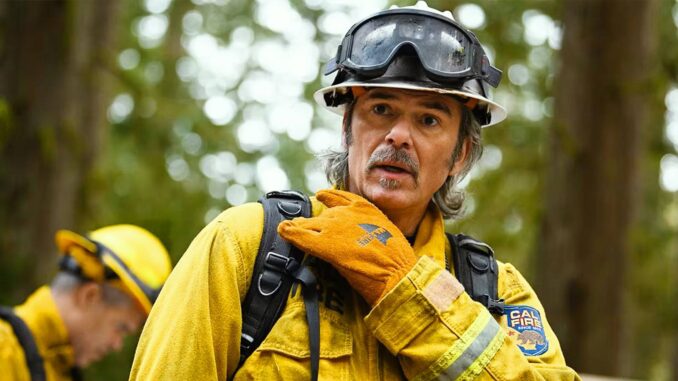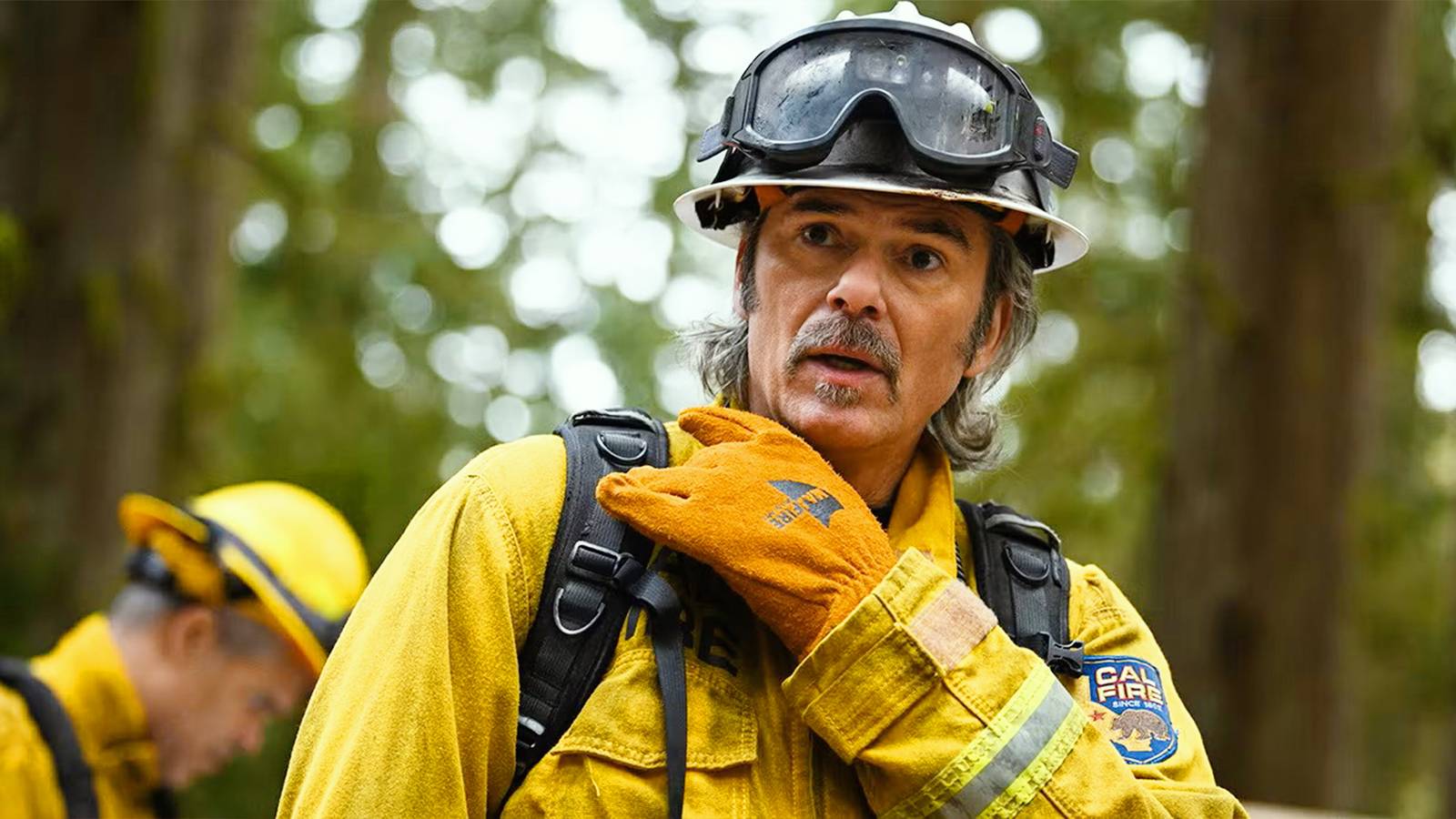
The Ember in the Echo Chamber: How The Pitt Star Might Save Fire Country from Its Worst Flaw
“Fire Country” burns with the raw intensity of wildfires and the simmering passions of its diverse crew. Its premise – a young convict seeking redemption through firefighting alongside his estranged family – is compelling, a potent blend of action and deep-seated personal drama. Yet, for all its pyrotechnic spectacle and heartfelt moments, the series often finds itself trapped in an emotional echo chamber, its most egregious flaw. The relentless pursuit of interpersonal melodrama, often recycling the same romantic entanglements and familial grievances, frequently overshadows the very fires they’re fighting, threatening to dilute the stakes and dull the viewer’s engagement. But imagine, for a moment, the introduction of a new character in Season 4: a seasoned veteran from “The Pitt,” a legendary, brutal, and perhaps even infamous, specialized firefighting unit. This character, embodying a different ethos, could be the gritty counterpoint needed to ignite a fresh, more professionally driven narrative, saving the series from its repetitive emotional crucible.
The central flaw of “Fire Country” isn’t its commitment to character – that’s often its strength. Rather, it’s the insularity of its emotional conflicts. Bode’s on-again, off-again romance with Gabriela, his constant push-and-pull with parents Vince and Sharon, and the enduring love triangle with Jake and Eve, while offering immediate dramatic gratification, often feel like the same ground is being trod repeatedly. Fires, which should be the primary antagonists, occasionally feel like mere backdrops, convenient catalysts for another argument or a tearful confession. The danger, while visually stunning, sometimes takes a backseat to who’s mad at whom, or who’s making another self-destructive decision. This constant internal focus, while humanizing, inadvertently shrinks the world of Edgewater, preventing the series from fully exploring the broader, more complex landscape of firefighting and its diverse challenges. The real danger isn’t just the fire; it’s the show becoming an emotional soap opera with spectacular special effects.
Enter Rhys Kincaid, the imagined “Pitt Star.” Rhys isn’t just another recruit; they are a legend, or perhaps a notorious figure, from “The Pitt”—a metaphorical crucible representing the most extreme, specialized, and often unglamorous echelons of wildfire fighting. Perhaps “The Pitt” is a smokejumper unit operating in the most unforgiving terrain, or an elite rapid-response team known for its unorthodox and ruthless efficiency. Rhys, forged in that fire, would arrive in Edgewater like a cold front, a stark contrast to the emotional warmth and familial ties that define the current crew. They wouldn’t be interested in Bode’s redemption arc, Gabriela’s conflicted heart, or Vince and Sharon’s marital woes. Rhys’s singular focus would be the fire, the strategy, the execution, and the unwavering discipline required to survive.
Rhys’s very presence would directly confront the series’ emotional insularity. Imagine a scenario: a critical briefing before an aggressive burn. Tensions are high, and Bode and Gabriela are exchanging heated glances over a past misunderstanding. Before it can escalate, Rhys cuts through the air with a razor-sharp command, “Eyes on the map. Emotions on the back burner. That fire doesn’t care who you slept with last night.” This isn’t just a stern lecture; it’s a fundamental reorientation. Rhys wouldn’t tolerate the personal bleeding into the professional, not because they’re heartless, but because “The Pitt” taught them that sentimentality costs lives. This direct, no-nonsense approach would force the existing characters to elevate their professional game, pushing them to separate their personal lives from their life-or-death duties in a way they haven’t consistently been challenged to do.
Furthermore, Rhys would introduce new dimensions to the actual firefighting. Having operated in “The Pitt,” they would bring advanced tactics, innovative equipment, and a strategic mindset born from truly dire situations. Instead of fires being primarily a backdrop for personal drama, Rhys would make them complex, strategic puzzles. We’d see them analyze wind patterns with almost preternatural intuition, implement daring backburns, or lead a crew into a scenario that demands unprecedented precision and focus. A fire might no longer be “just a fire” but a multi-faceted challenge requiring Rhys’s unique blend of expertise and ruthlessness, showcasing the science and strategy of firefighting rather than just its inherent danger. This would naturally shift the dramatic weight from interpersonal bickering to the high-stakes chess match against an indifferent, destructive force.
The impact on core characters would be profound. Bode, perpetually struggling with self-sabotage, would find a mentor who doesn’t care about his past mistakes but demands absolute excellence in the present. This isn’t about redemption; it’s about competence, forcing Bode to channel his energy into becoming an elite firefighter, not just a good-hearted but flawed one. Manny, the steadfast captain, might find his leadership challenged or enriched by Rhys’s unconventional wisdom, opening new avenues for professional growth. Even Jake and Eve, so often caught in the relationship whirlpool, would be forced to sharpen their skills and focus, potentially finding new purpose and respect in the professional arena, beyond their personal entanglements.
In essence, Rhys Kincaid, the veteran from “The Pitt,” wouldn’t just be a new face; they would be a narrative catalyst. By introducing a character whose very existence prioritizes the professional over the personal, whose experience demands a broader perspective on the perils they face, “Fire Country” could escape its self-imposed emotional echo chamber. This character would force the series to evolve, to explore the vast, strategic complexities of firefighting, and to ground its very real dangers in a more disciplined, high-stakes reality. The fires would once again become the central, terrifying challenge, and the characters, tested by Rhys’s unyielding standards, would rise to meet them not just as a family, but as a truly formidable, professional firefighting force, saving the series from its most repetitive, suffocating flaw.
